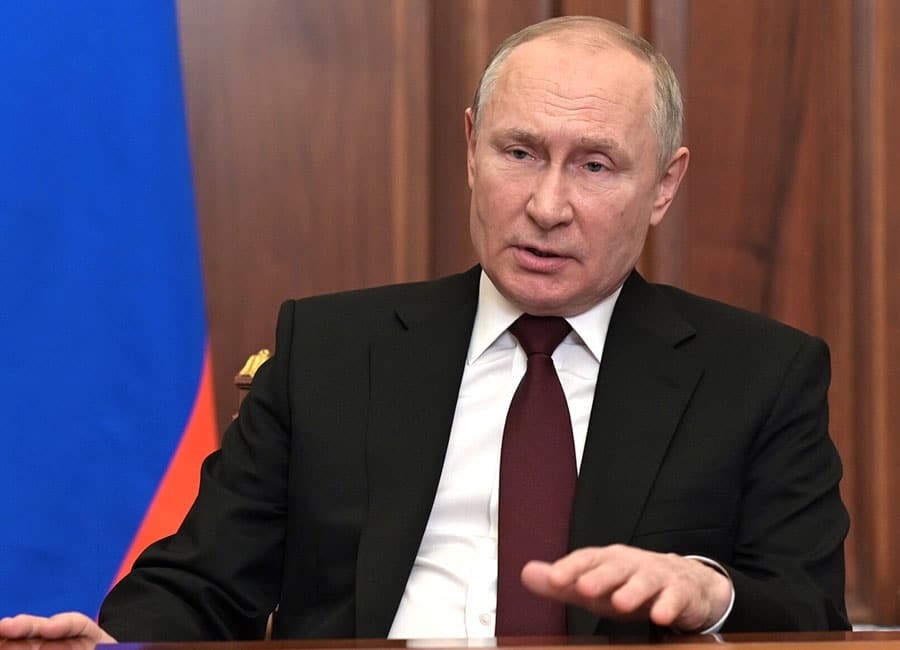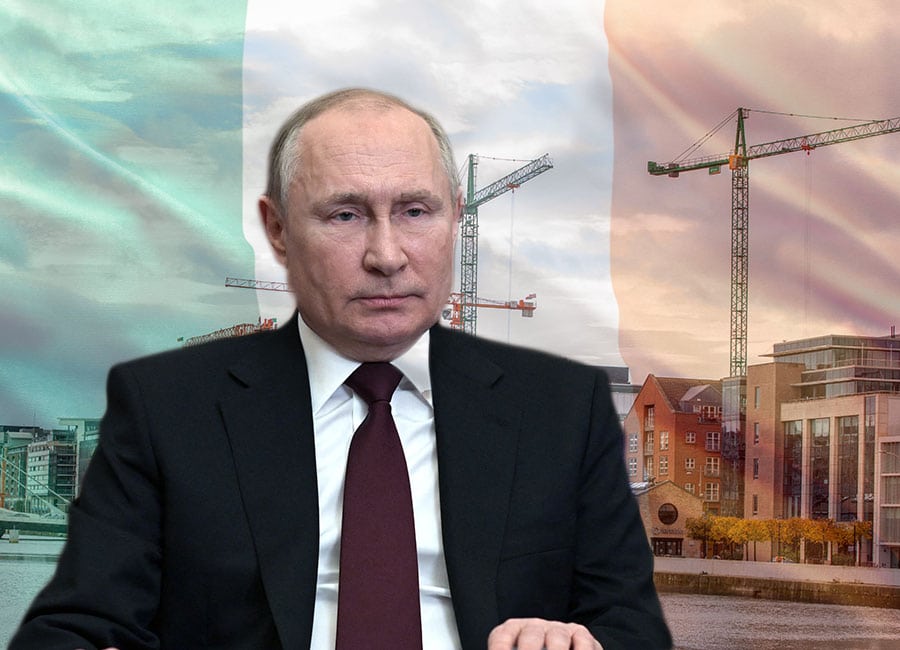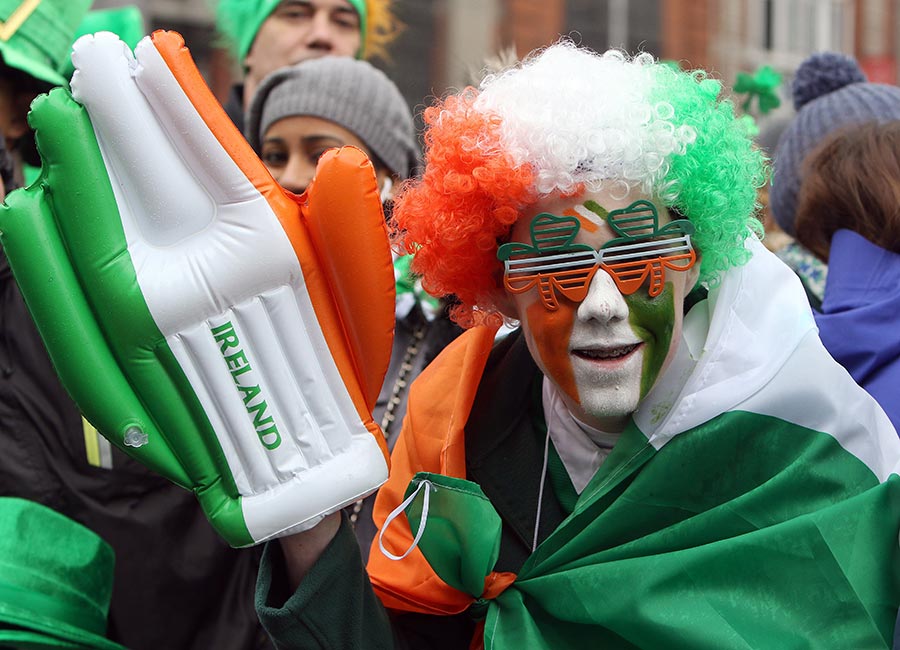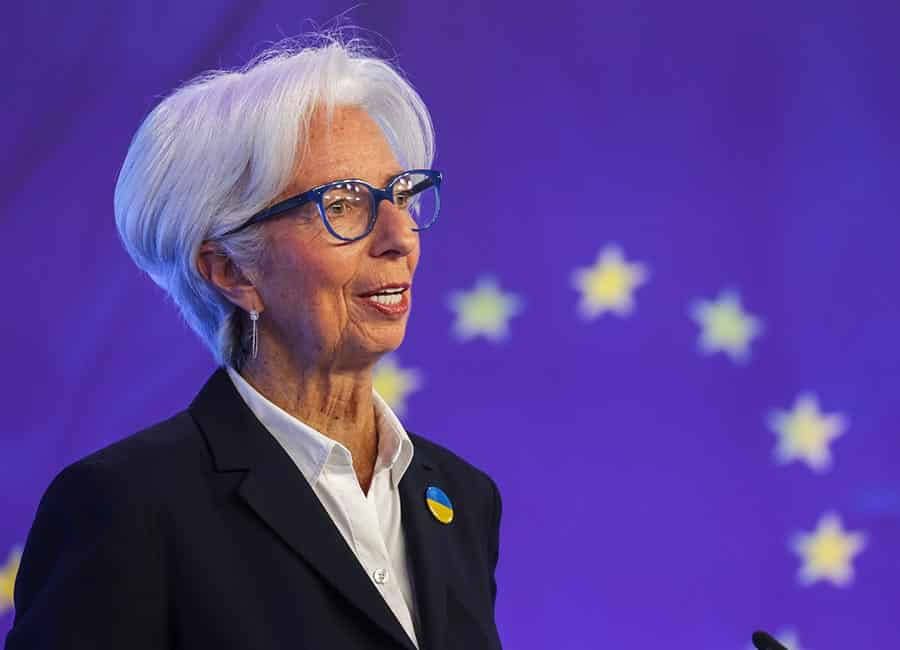Irish sectors are set to feel the impact of the Russia-Ukraine crisis as Putin sends troops into the two regions of Donetsk and Luhansk regions.
German Chancellor Olaf Scholz surprised the world on Tuesday when he announced he had asked regulators to stop the certification process for Nord Stream 2, the $10bn pipeline built to traffic gas directly from Russia to Germany, in light of continuing Russian aggression towards Ukraine.
The decision marked the clearance of a significant impediment to EU sanctions against Moscow, with President Vladimir Putin seemingly intent on annexing the Ukrainian regions of Donetsk and Luhansk, but it also represents a major economic loss to Germany.
Germany will now turn to suppliers in neighbouring European countries to make up the shortfall in supply, and the decision could have negative consequences for already-inflated energy prices across the continent, but the Ukraine crisis could have an effect on Irish trade too.
Employers' group Ibec has warned that inflation, already in excess of 5% for the past several months, could be driven higher as an indirect result of the disruption, but there's also more than €4.5bn in annual trade between Ireland and Russia that might be hit.
The sectors that are most likely to be impacted by the conflict, include IT services, with exports totalling €3.2bn and imports estimated at €360m annually, representing the bulk of Irish-Russian trade.
Central Statistics Office (CSO) figures show Ireland exported around €627m worth of goods to Russia in 2021, up from €445m in 2020, with metal ores and essential oils used in manufacturing making up a significant proportion.

The Irish Whiskey Association has said Russia is Ireland's second-largest whiskey export market behind the US with 534,000 cases sold there in 2020.
The true figure is certainly higher than that as Irish whiskey is sent to intermediate countries for relabelling before entering the Russian market, and Ukraine is also a major importer of Irish whiskey.
Ireland imported around €598m worth of goods from Russia last year, notably coal, petroleum products and fertiliser, according to the CSO. Meanwhile, Clare-based aluminium refiner Aughinish Alumina, part of Anglo-Russian company EN+, employs 450 people.
Minister for Finance Paschal Donohoe on Tuesday said Russia would ultimately be to blame for the impact of any EU sanctions on Irish businesses and jobs, but argued the bloc was obliged to answer military action against Ukraine, with which it shares a border.
“Any action that we take will have consequences,” he said. “The cause of all of that are the military actions that are being taken by Russia.”
(Pic: Getty Images/Getty Images/Getty Images)











